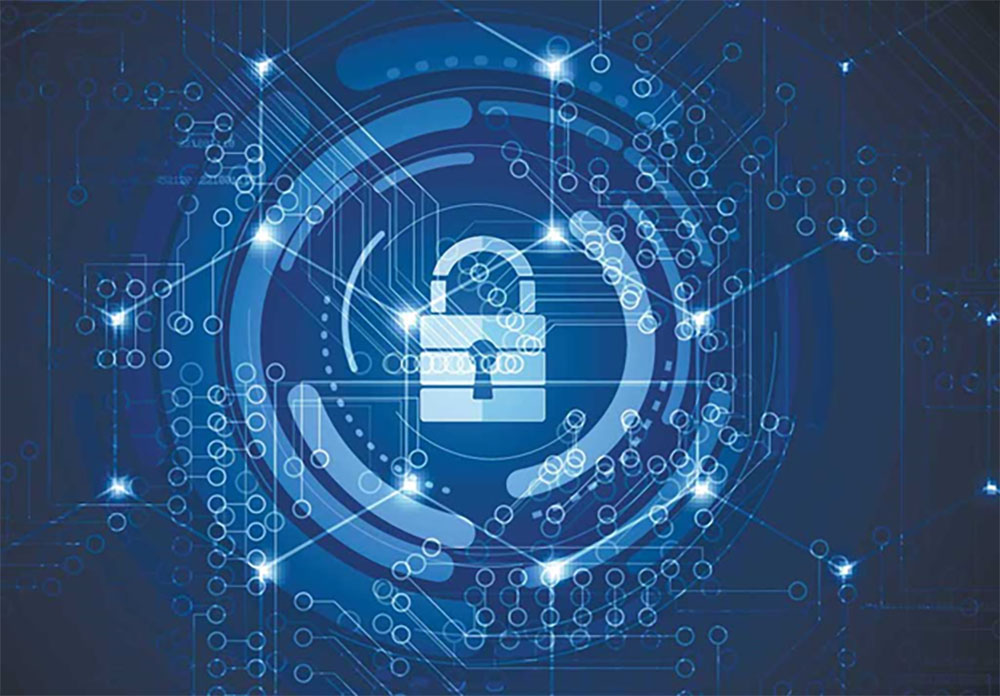In today’s world, it’s more important than ever to protect yourself from cyber threats. With so much of our lives taking place online, it’s essential to be aware of the dangers and know how to keep yourself safe. Here are some tips from Yourcybertips experts for staying secure online. Follow these simple suggestions, and you can help keep your information safe from malicious actors.
Keep your operating system running with the latest versions
Staying on top of your operating system and software updates ensures smooth daily performance and are essential to keeping your data secure. In recent years, security breaches have become increasingly common due to sophisticated cyber attacks that can bypass outdated systems. Regularly updating your OS and software whenever new security patches are released is an easy way to reduce the risk of falling victim to such attacks. Updating promptly also allows you to benefit from any improvements or new features introduced in the latest software version that could make your day-to-day use more convenient.
Back up your important files regularly
Ransomware attacks are rising, leaving victims vulnerable to having their data locked up unless a monetary ransom is paid. To protect yourself against attackers, you must regularly back up your important files. This includes frequently backing up all your documents, photos, videos, music, financial records and other important personal files to an external hard drive you can store safely away from your computer or the cloud. Doing this regularly can help keep you safe from ransomware attacks and ensure that you always have access to your data if something were to happen.
Use strong passwords
Strong passwords are the best way to protect yourself and your information from malicious actors. Opting for a long, complicated string of characters and symbols makes it much harder for hackers to guess or bypass your logins. On top of that, switch up your passwords on each account; it’s a safer bet than reusing them. In addition, get into the habit of changing your passwords every few months to increase your security.
Don’t click on links or attachments in emails from unknown senders
Cybercriminals often use phishing emails to spread malware or steal personal information. By clicking on a link or attachment, you may inadvertently download a virus or malware that can harm your computer or steal your personal information. To protect yourself, it’s best to err on the side of caution and simply delete any emails that you receive from unknown senders. If you’re unsure about an email, it’s always best to contact the company or sender and verify the email’s authenticity before clicking on any links or attachments.
Be careful what information you share online
It’s vital to remember that whatever you post online is shared with potentially millions of people. Even if your posts are accessible only to a select group of contacts or friends, it is still essential to be aware that there is always a risk that more people could see what you share. Privacy settings are designed for your protection, but nothing beats exercising caution and good judgement when sharing personal information on the web.
Install antivirus software
Installing antivirus software is the best way to safeguard your device. Not only can this software detect existing viruses and remove them, but it can also prevent future vulnerabilities. It is important to remember that antivirus programs need regular updates to remain effective, so check for adequate protection regularly.
Final thoughts
The best way to protect yourself from cyberattacks is to be aware of the potential risks and take preventative action. Keeping your operating system and software up to date with the latest security patches, using a strong password for all your online accounts, not clicking on links or attachments in emails from unknown senders, being careful what information you share online, installing antivirus software on your computer and keeping it updated, and backing up your important files regularly are all essential steps that everyone should take towards keeping their data secure. With these proactive measures in place, you can give yourself peace of mind knowing that you did everything within your power to protect yourself against malicious attackers.


